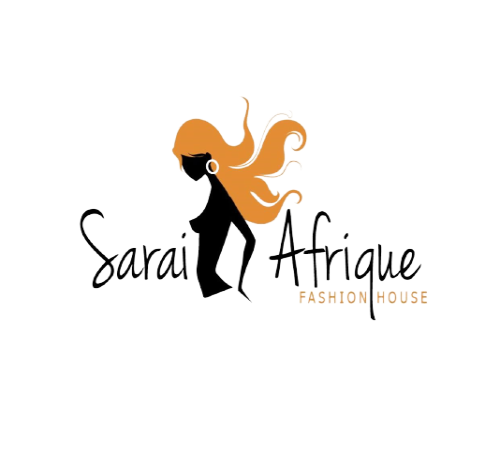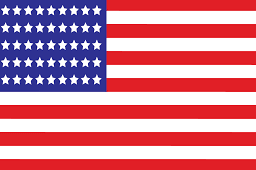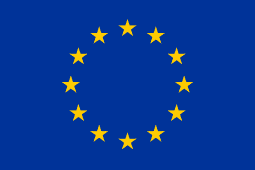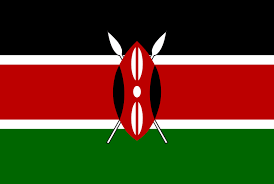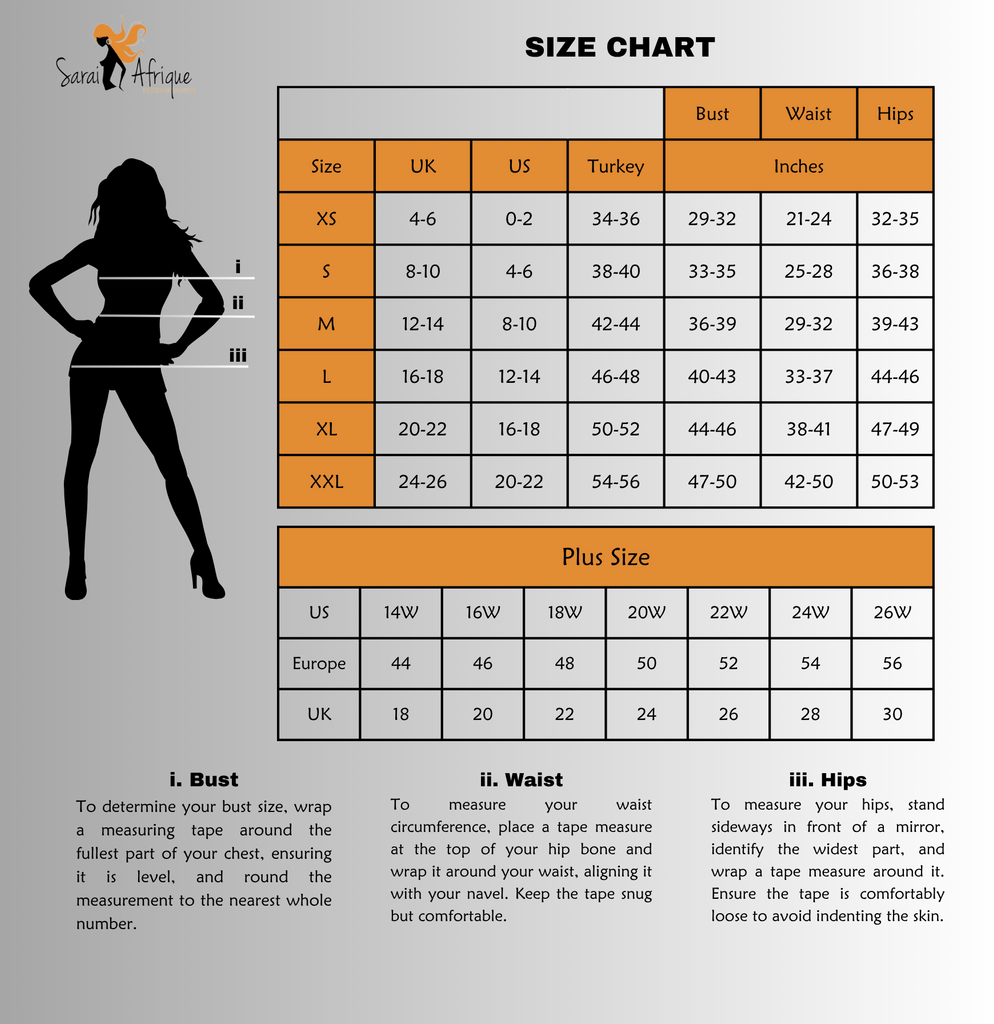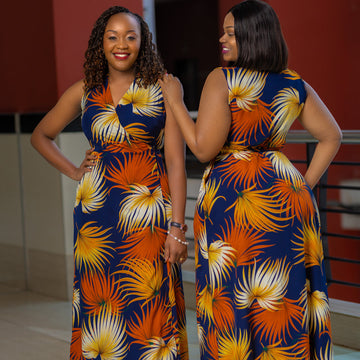The Founder's Feature: Rose Kananu
Today on Founders Feature, we have the pleasure of picking the brain of Rose Kananu. Her journey in entrepreneurship has pivoted her life and created such a paradigm shift in her career path that it will be hard to cover it all in just one sitting but we will try to nevertheless.
We start off by thanking Rose for being vulnerable and expressing certain delicate parts of her journey, which she strongly felt would be great for inspiring other ladies.
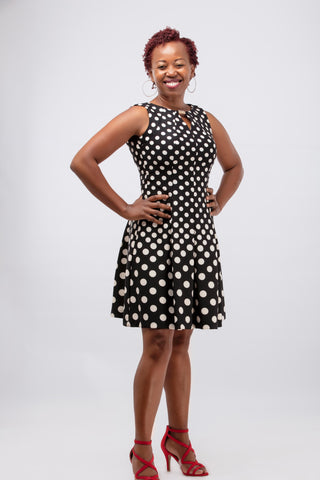
Tell us a little about your journey and how you ended up with your own consulting firm?
The narrative of: study hard, get good grades, go to a good university and get employed, was really how I envisioned my life. I was always focused on my career path. I undertook Civil Engineering at JKUAT, graduated and entered the job market in the year 2000 when the construction industry had dwindled and was dying away.
I was lucky to get hired by ExxonMobil Kenya and perchance, I happened to be the only female engineer; not just in Kenya but in all other ExxonMobil Africa companies. My first job entailed supervising construction works in storage terminals in Mombasa, Nairobi, Kisumu and Eldoret. I then got introduced to the world of project management where I was promoted to the project engineer for renovation of petrol stations around the country. My passion and excitement for the project management profession began at this stage. In 2003 through 2005, I was part of the global team that introduced food courts in petrol stations into the country through the Innscor Africa-ExxonMobil Alliance; we brought fast food franchises including Pizza Inn, Chicken Inn and Creamy Inn from South Africa and American mini-supermarkets to petrol stations. At the end of 2003 ExxonMobil Kenya became the market leader for successfully launching the first fuel retailing facility in Kenya with a fully-fledged food court. Over the next two years, I led the business’ engineering and construction teams that built five other similar outlets in Nairobi and Mombasa. Interacting with marketing experts and understanding the convenience of the retailing model, triggered my interest in the world of business and I decided to pursue this further. I applied for grad school in the USA and successfully secured a scholarship to join an MBA program at the Eller School of Business in Arizona.
In 2005, I left my two-year old son and spouse in Kenya to go for the MBA, which came in the form of a double major; Corporate Strategy and Finance, and a diploma in entrepreneurship at the McGuire Center for Entrepreneurship. During my second year in university, I missed my son so much he had to join me. This was one of my most challenging moments as I was solo-parenting in a foreign country and still studying with an immense course workload. To supplement my income as a Teaching Assistant, I took small jobs arranging newspapers in the libraries during lunch hour, which saw me earning a minimum wage of $7 per hour. This would cover my living expenses outside the scholarship. I had been very ambitious when I started my MBA, setting my heart on a cum laude 4.0 GPA; however, with all the pressure and responsibilities I soon realized that I just needed to do well and get through with it. I finished with a 3.7 GPA.
My experience in the USA really opened my mind; it gave me a lot of exposure on different personalities, cultures and a global view of business. I realized that I didn’t have to go back home to Kenya upon graduation as I could literally work and survive anywhere in the world. I attended several recruitment fairs and after receiving a few job offers, I settled on working in South Africa. I accepted an offer from Sasol in May 2006 and joined the Sasol Technology Business. My 8-year career at Sasol saw me take up roles in project management, business re-engineering and optimization, business architecture and skills development. In 2014 I noticed an uptick in infrastructure projects implementation in Kenya whilst on the other hand, Sasol was undergoing major organizational restructuring and offering retrenchment packages. I took a package and accepted an offer from PwC Kenya to join their infrastructure advisory team as a senior manager.
When did you start your consulting firm?
When I was job hunting for my return to Kenya in 2014 , employers would look at my CV and tell me that I was well-qualified but they wouldn’t know where to place me in the organization. I was an engineer, I had project management experience, and I had business expertise. Most employers required senior level managers to have a deep specialization in one area and when they assessed my papers they found that my experience was broad but not deep enough in the typical job areas found in organizational departments. One of the contacts I had been directed to (to help with the job search) suggested I try advisory work and that’s how I wound up at PwC. I went through their recruitment process and was interviewed for a senior manager role in the Strategy Advisory business but a last minute decision by one of the senior partners saw me get an offer to establish a Capital Projects and Infrastructure (CP&I) advisory unit in PwC Kenya. The two years (2015-2017) at PwC Kenya exposed me to the Kenyan market after being away for 10 years. I noticed a lot of gaps in the market and also saw opportunities. When I turned 40 in 2016, I started questioning life and my purpose. The exposure to the market and my personal introspection spurred me to want to build something bigger than myself and with that I left the firm to set out on my own; and that is how Howard Aidevo Consulting was born.
What does Howard Aidevo mean?
I was looking for a name that was universal enough to help me build a business that could scale Africa but also one that had personal meaning for me. Howard is my son’s name and Aidevo is a Yoruba name meaning, “Nobody can change my destiny but God.”
What does Howard Aidevo do, or what problem does it solve?
My assessment of the Kenyan market, and in fact Africa, is that infrastructure development is hampered by two things: inadequate financing for large scale projects and low skills level for local professionals and contractors. If you look across Africa most governments are turning to international partners like China, America, France etc., to bring financing and construction personnel to complete their projects. In Kenya the SGR project is the best example of the dilemma faced by African governments. This unfortunately, has left local professionals and contractors out of the big game of construction. Howard Aidevo brings the much-needed project management skill into the local market. We do this in two ways: providing consultancy services to developers (private and government clients) to help them complete their projects on time and within budget; providing skills training programs for professionals and contractors through our training arm, BCDIP.
How has the journey been so far?
We ran a pilot construction industry seminar in November 2017 charging KES 45,000 per head with a target of 30 attendees: Selling that course in an election year was among the hardest things I have ever done. We kept postponing the training date to keep up with the changing election dates. Ultimately we managed to get 15 paying attendees for the training and a further 15 strategic guests including the board chair of The Board of Registration of Architects and Quantity Surveyors (BORAQs), assistant registrar at Engineers Board of Kenya (EBK), Chair of the Road Contractors Association (RACECA), to name a few. Despite the challenges, we ran a successful one-and-a-half-day seminar in conjunction with our international partner, OTC. However, the seminar project made a big loss due to low-paying customer numbers but gave us the much-needed exposure in the industry, to the extent that BCDIP was accredited in January 2018 by the EBK to conduct CPD training for engineers in the country.
Entrepreneurship and the start-up journey is very hard. I believe sometimes people paint a very misleading romantic picture of business ownership. More often than not, I am building training courses till 5a.m. Despite the lengthy time it takes to scale, entrepreneurship is fulfilling once you get it right and the business achieves stable operations. You also have to master all fields. I taught myself digital marketing, I oversee HR, finance, marketing, business development…all of it. I went into brief depression in early 2019 after the grueling 20-month market testing and scaling up period, which experienced a few failed projects and bankruptcy. Over time, I have developed mental toughness, resilience and the ability to stay calm. I hired a professional business coach in March 2019 and he has been instrumental in helping me build a sound business model. He also taught me a lot of CEO skills that allow me to stay emotionally and mentally stable for the entrepreneurship journey!
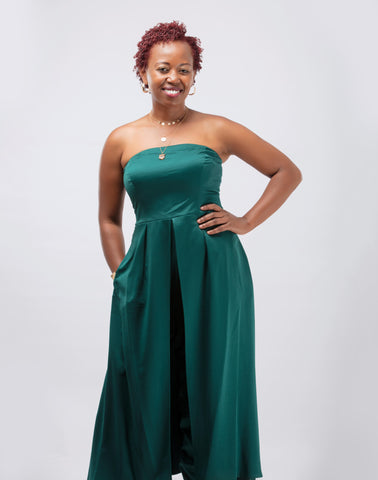
Do you have a hiring criterion?
I hire based on attitude and passion. During my hiring process, I ask my interviewees to give me their personal vision statement and long-term personal goals. This helps me know where both our needs and vision can merge and how we can be of value to each other.
To keep operating costs low I hire interns and train them to deliver in the business. I may not be able to pay huge salaries at the moment. However, I can give them exposure by allowing them to do things that they would not ordinarily be able to do in larger corporate firms.
Do you have some key life lessons you would like to share?
Something I learnt from my first career mentor, he taught me to always plan for the n+1 job; the next job and the one after that. Always have two to three options where your career can go so that you are open when the opportunities present themselves. When opportunities arise, assess if they are aligned to one of your goals and grab them.
What drives you?
Taking opportunities and challenging myself. If my gut feeling says, “This is good/feels right,” I pursue it. If the risks seem high, I analyze and think it through but my ultimate choice rests upon what my intuition tells me. I also rely on my networks and close friends. Their counsel has grown to be invaluable. I am also driven by the desire to have impact and making my life mean something. My wish is for Howard Aidevo and BCDIP to grow beyond me and my original ideas; live long after I am gone.
Having left employment during a tough time, deciding to start my business in 2017 (an election year), not being familiar with the political environment in Kenya and the impact that politics had on the economy, it was a turbulent year for me and my business. When I left to go into business I actually had my textbook six month’s savings. However, six months into the year, I remember waking up one night in a panic. I realized, “Oh my God! I am running out of money.'' I was still living the lifestyle that I previously had, yet I didn’t have the same income. That was during the period when I went bankrupt. One of my close friends literally gave me a stipend for one year to survive, another friend paid my son’s school fees for a term, while my childhood best friend let me and my son live with her for 15 months. I was so used to living the good life, having expatriate salaries, and I had been optimistic and sure my business would pick up in 6 months, but alas!
How did you manage in South Africa with no family around? Did you at any time feel guilty solo-parenting in a foreign country?
It was difficult without family support in South Africa especially considering that my marriage fell apart and my spouse and I split shortly after moving to the country. All the while, my son would ask, “Why don’t you pick me from school? Why don’t you come for all my concerts, recitals, etc.?” It hurt so much.
Moreover, I had a good house help from Lesotho who helped me achieve balance in parenting. She did most of the homework with my son under my supervision. On her days off, I would pick my son from school and take him back to the office on Friday afternoons and all my colleagues knew him. I enrolled him in sports clubs and volunteered to referring matches, often being the only mum who would take up these roles that fathers did. One of my close friend’s husband played the critical role of being a father-figure and spent two weekends a month with my son.
What would you do differently if you could do it all again?
Entrepreneurship is extremely challenging and demands one to bring their all into it: Finances, emotions, skills and experience, etc. Bankruptcy was a big shocker to my system considering I had always held well-paying jobs for 16 years. Two things I would do differently are: Test business whilst employed to get the hang of it before taking the plunge; incorporate one or two partners early who have skills and experience that I lack so as to lower the risk of burnout and to share the business risks.
What are you looking forward to in the year 2020?
I am very optimistic about the New Year and decade! The three years in business have added a new set of skills and experience to my portfolio. I am looking forward to incorporating partners in the business to help stabilize its operations and scaling it to new areas. There are exciting prospects being introduced by prospective strategic partners.
I am also looking forward to a transition period in my parenting journey. My son is in his final year of high school so we shall be transitioning into preparing him for college life in two years’ time after a pre-university program like the A-Levels.
How would you describe your fashion style?
I am in transition on the fashion front too. My previous style for many years was an authoritative corporate Wall Street look and Christian Amanpour was one of my style icons. I am now gravitating towards feminine elegance and want to wear dresses more.
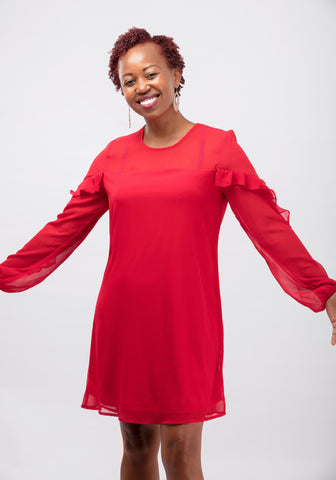
Founder;
Rose Kananu
Managing Director
Howard Aidevo Consulting Limited
Tel; 0797043041
Email; info@bcdip.com
Dressed by; Sarai Afrique Fashion House
Images by; Visual Magic Africa
Article by; Caroline Kuria
2 comments
-
Posted on by BeckyGreat read! A very candid conversation on entrepreneurship. Thanks for sharing your journey Rose. Wishing you the very best in the future of your business. You can only go up now!
-
Posted on by FannisOne of my favourite articles on your blog. Keep them coming. Also, love this collection (of clothes).
